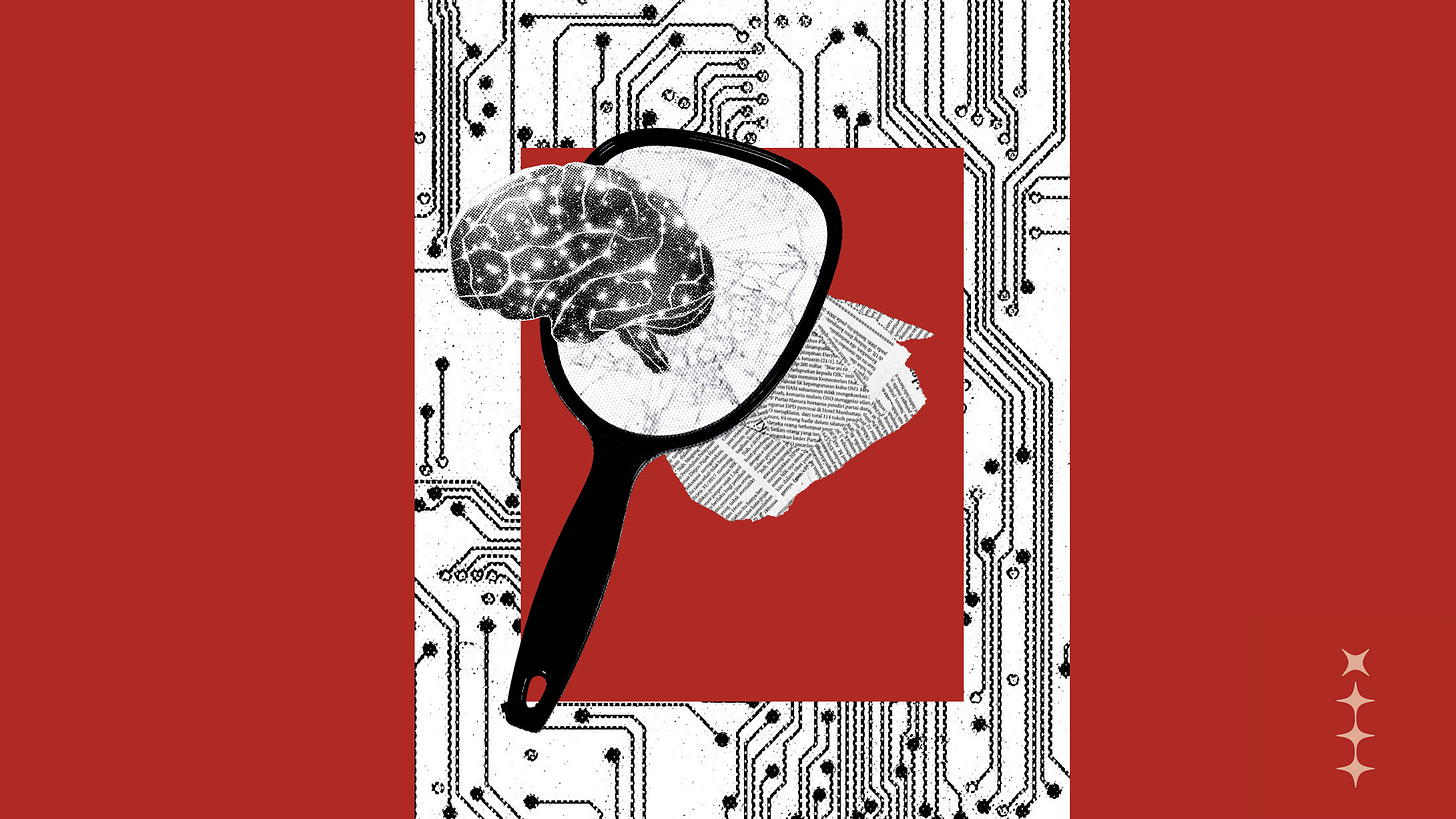A ‘political assassination’ in a distributed civil war
The reaction from the closest people in my life was immediate: don’t watch it. Don’t watch the video of Charlie Kirk being shot dead this week on a Utah college campus.
But videos like this really do circulate. Platforms scramble (or not) to demonetize them, age-gate them, slap on warnings or take them down. A colleague told me she spent half an hour searching for it on a few platforms and couldn’t find it. Then she opened Instagram and within minutes the video was served to her, after she had decided she didn’t want to see it.
That’s the ecosystem. You’re looking at a pair of fall Uggs and then suddenly here is the graphic killing of Charlie Kirk. That was a jarring sentence, but that is the experience.
We are inside a distributed information war. Wars today do not look like Normandy or singular big bombs falling -- that is of the last century. Wars, in addition to being physically violent, are also digital and distributed. They are wars of persuasion. Wars of radicalization. What happened in real life in Utah is connected to that digital environment, and to assume there would be no real-life violence is unrealistic.
Should our modern view be that the responsibility for such awful things as the assassination of someone in public is that of a singular individual? What of the platforms? Of the people on the platforms? Of the entire ecosystem itself? Speech doesn’t stay whole in today’s world. It gets chopped up, reframed, turned into more content and then amplified across more feeds, all chasing agendas.
Words are extracted from their author. They are broken into atomic parts and reassembled. What matters is how the words are consumed and how they colonize minds. And that is how radicalization happens -- not in a line but in millions of fragments drifting through channels via an algorithm (robots making choices from patterns that came from humans), until someone acts.
This is why we’re so ripe for violence now in this ongoing info war. Not just because of weapons or mental illness, but because of the churn. We are desensitized and resensitized simultaneously. We live inside an endless refracturing of events. A murder sits side-by-side recipes and becomes part of the ambient air we breathe.
Governor Spencer Cox (R-Utah) called it a “political assassination.” Going on to say, “Our nation is broken” and urged us to look in the mirror and “see if you can find a better angel in there somewhere.”
What hit me was his plea to turn inward, which is the opposite of what the lion’s share of us are doing. We seek more content, more voices. As humans we seek connection to make sense of horrible things, but in today’s world, that means turning our brain to the feed.
And even when you attempt to live in nuance, even when you try to approach events with empathy or context, that nuance rarely survives. It then gets chewed up and repackaged like everything else.
As Josh Rothman wrote recently on AI coming for culture in The New Yorker and as we talked about this week on The Intersect, there is no canonical original anymore. No fixed reference point. Your stream is the thing.



